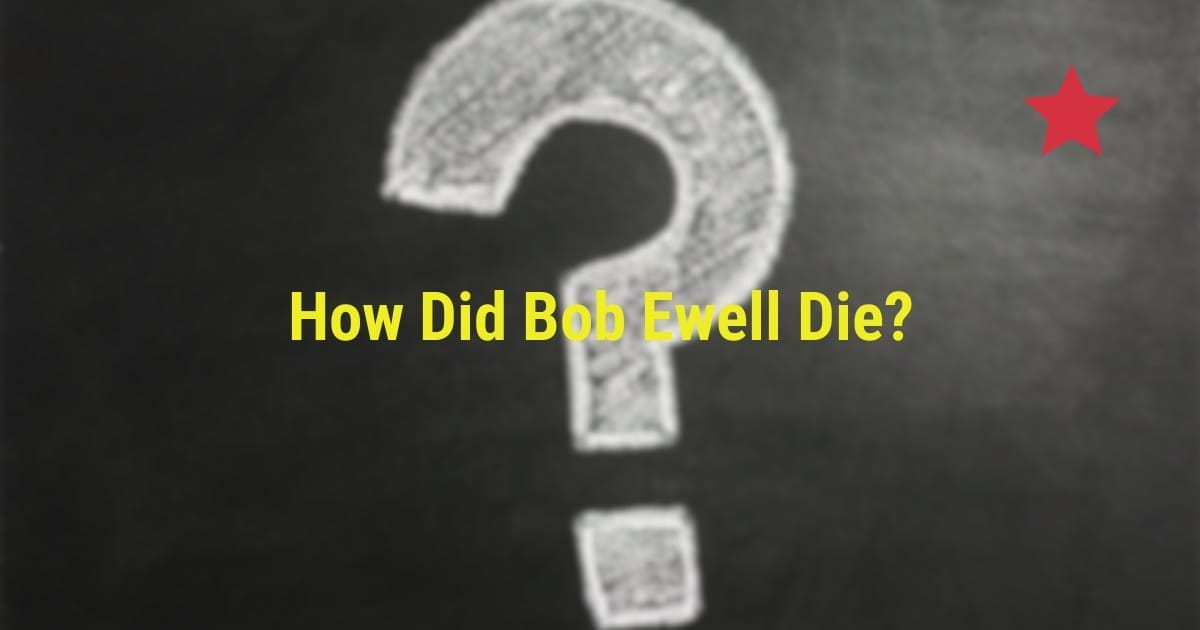How Did Bob Ewell Die?

In the book ‘To Kill a Mockingbird’ by Harper Lee, the character Bob Ewell meets his demise in a pivotal climax. The exact circumstances surrounding his death have been debated among readers.
There are several theories, but the prevailing belief is that Bob Ewell was killed by Boo Radley in an act of self-defense. Boo Radley, a reclusive character who has been watching over Scout and Jem throughout the story, intervenes when Bob Ewell attacks the children on their way home from a Halloween festival.
During the ensuing struggle, it is believed that Boo Radley stabs Bob Ewell with a kitchen knife, ultimately causing his death. This theory is supported by the actions of Sheriff Tate and Atticus Finch, who conspire to protect Boo Radley by proclaiming that Bob Ewell fell on his own knife.
The decision to keep the truth hidden is driven by a desire to shield Boo Radley from the public eye and the potential consequences of his actions. This climactic event serves as a turning point in the novel, highlighting themes of justice, morality, and the lengths individuals will go to protect those they care about.
Controversy Surrounding Bob Ewell’s Death
The death of Bob Ewell in Harper Lee’s ‘To Kill a Mockingbird’ has ignited a storm of controversy and speculation among readers.
While the prevailing belief points towards Boo Radley as the one responsible for Ewell’s demise, alternative theories have emerged, adding to the intrigue surrounding this pivotal moment in the novel.
One theory suggests that Jem Finch, Scout’s older brother, may have been the one to kill Bob Ewell. Proponents of this theory argue that Jem acted in self-defense to protect himself and his sister from Ewell’s attack.
However, it is important to note that there is no concrete evidence to support this claim, and the overwhelming consensus leans heavily towards Boo Radley as the culprit.
The controversy surrounding Bob Ewell’s death not only adds depth to the narrative but also stimulates discussions about justice, morality, and the power of individual actions.
It underscores the ambiguity of the human experience and prompts readers to contemplate the consequences of their choices in the face of adversity.
Unraveling the Mystery
Despite the ongoing speculation, it is ultimately up to the reader’s interpretation to decide who, indeed, delivered the fatal blow to Bob Ewell.
The ambiguity surrounding this event piques our curiosity and compels us to delve deeper into the themes and motifs woven throughout Lee’s iconic novel.
Ultimately, the controversy surrounding Ewell’s death invites us to question our own biases and preconceived notions, challenging us to confront the complexities of human nature.
The Significance of Bob Ewell’s Death in ‘To Kill a Mockingbird’
The death of Bob Ewell in ‘To Kill a Mockingbird’ holds significant meaning within the context of the novel’s themes. It serves as a powerful symbol of justice prevailing over injustice, shedding light on the deep-rooted racism and prejudice that permeated society during that time.
Bob Ewell represents the dark side of humanity, showcasing the harmful effects of bigotry and hatred. His demise at the hands of Boo Radley, a character embodying kindness and compassion, symbolizes the triumph of goodness over evil. It highlights the inherent capacity for redemption and the transformative power of forgiveness.
The decision of Sheriff Tate and Atticus Finch to protect Boo Radley by concealing the true circumstances of Bob Ewell’s death raises thought-provoking moral questions. It explores the lengths individuals are willing to go to protect those they care about, challenging conventional notions of justice and morality.
This pivotal event in the novel serves as a turning point, allowing Harper Lee to delve deeper into the exploration of these themes. It compels readers to reflect on the nature of humanity, the choices we make, and the profound impact they have on our lives and the lives of others.

